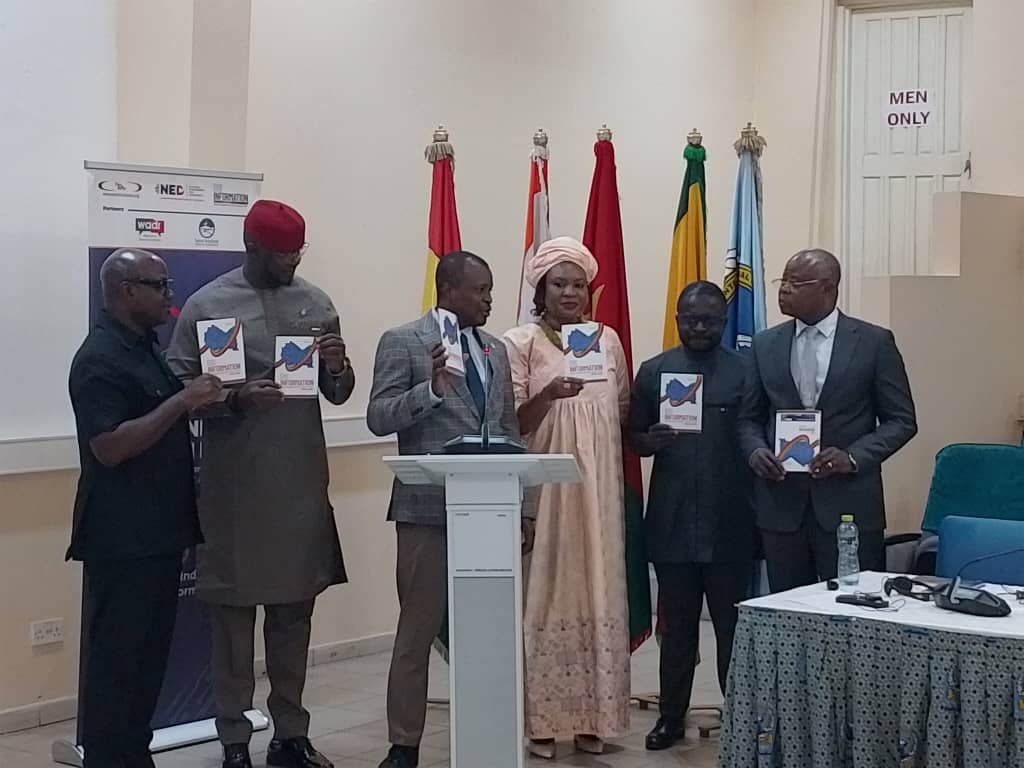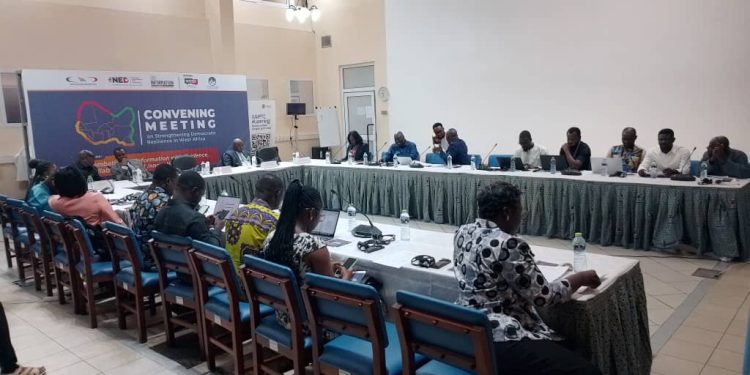Penplusbytes Launches Maiden Disinformation Index Report to Tackle Threats to Democracy in West Africa
Penplusbytes has launched its first-ever Disinformation Index Report, drawing attention to the spread of election and post-election disinformation in Ghana, Côte d’Ivoire, Mali, and Burkina Faso.
The report, unveiled on Thursday, September 11, 2025, at a high-level regional meeting themed “Strengthening Democratic Resilience in West Africa: Combating Disinformation with Evidence, Collaboration and Innovations”, underscores disinformation as one of the most pressing threats to the sub-region’s democratic systems.
According to Penplusbytes, the rapid evolution of the information ecosystem has created new vulnerabilities that fuel polarisation, deepen divisions, and erode trust in democratic institutions.
Tackling these risks, the organisation stressed, requires cross-border dialogue and coordinated, evidence-based responses.
Explaining the rationale for the index, Precious Ankomah, Director of Programmes at Penplusbytes, remarked: “Recent reports show that disinformation has become a major threat to democracies worldwide. We saw clear evidence of this during the 2024 electoral cycles, across the continent and particularly in Ghana, where we monitored using our Disinformation Detecting Platform. The maiden index report using a framework we have developed assesses the risks, trends and impact of disinformation across media and social media platforms in these four countries.”

She further noted that the countries under review were carefully chosen to provide comparative insights, highlighting the different dynamics at play.
“The stark contrast between the Sahel states, such as Mali and Burkina Faso, where disinformation is often used to legitimise authoritarian rule, and the coastal democracies, including Ghana and Côte d’Ivoire, where we see disinformation surge during election periods, is very telling,” she added.
The report is part of Penplusbytes’ broader mission of leveraging digital technologies to drive good governance, enhance accountability, and foster democratic resilience.
The not-for-profit organisation also works in the areas of climate and well-being, media and innovation, and resource governance, particularly in relation to mining, oil and gas revenues.








